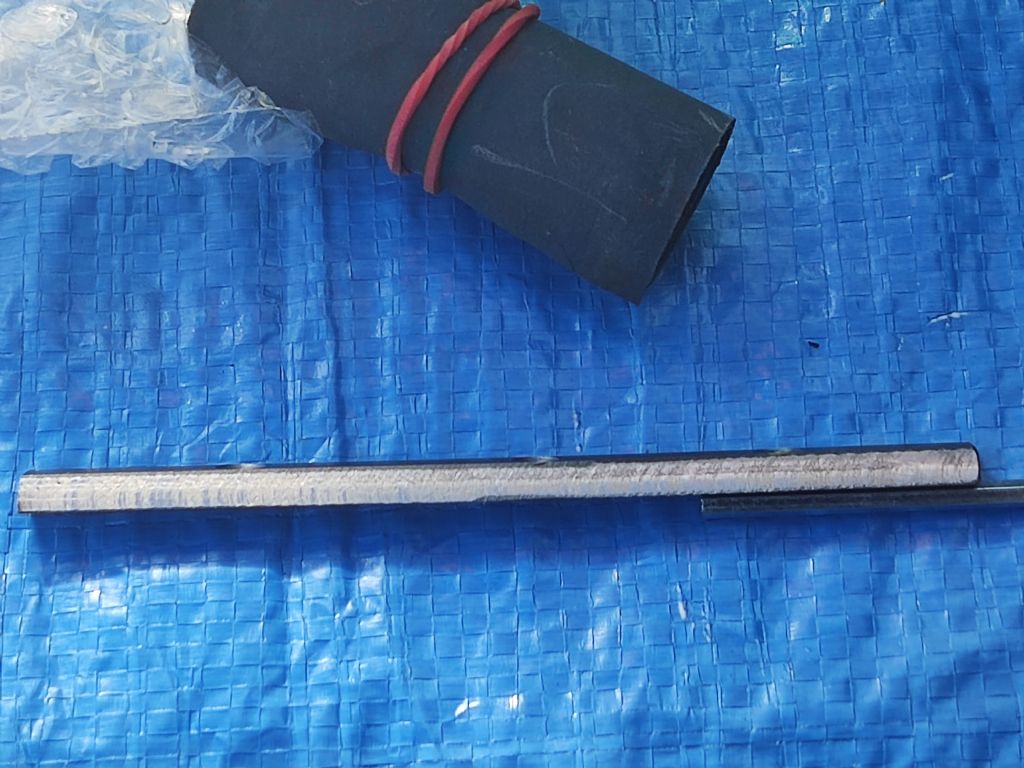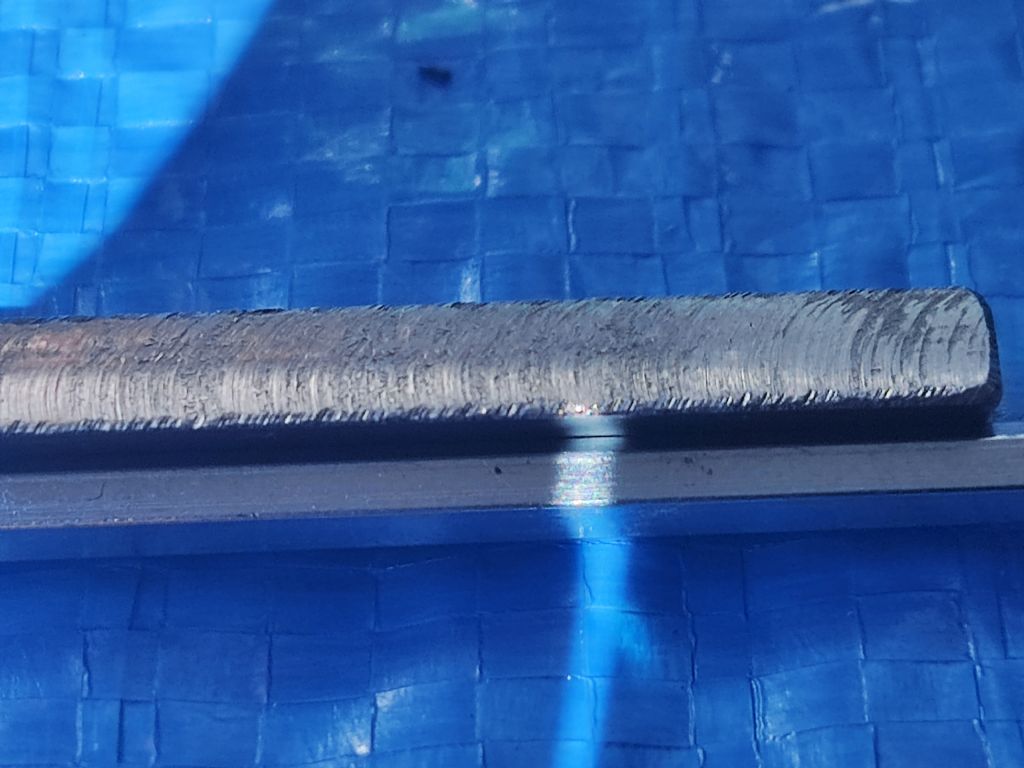Posted by Peter Parkes 1 on 02/05/2023 07:46:44:
Yeah, that's why im here asking about it. It really is too much play, isnt it?
Doesn't sound good, but:
How straight and round is the Aluminium rod? I guess it's extrusion stock rather than an accurate test bar. If so, a better test is put a short length of the rod in the chuck, no longer than 3x diameter, and turn it down by a millimetre or so. Then see what the DTI makes of the turned diameter. Measure how the lathe cuts, not the accuracy or otherwise of stock metal.
Next suspect is the chuck. Might be faulty, but If the rod isn't round, the best 3-jaw chuck in the world won't hold it straight. Take the turned rod made above and put the machined end into the jaws, leaving enough of the turned diameter protruding to test it with the DTI. It won't be perfect, but 0.05mm isn't unreasonable.
Have you removed and replaced the jaws? For accuracy they go into particular slots, and the chuck body is usually stamped with a zero, 1 or dot to identify the first slot (the jaws are also numbered 1,2,3)
If unsatisfactory, take the chuck off and make sure the back and spindle flange are clean – no paint or burrs etc.
With the chuck off, use the DTI to test about 10mm inside the spindle. The spindle hole should be accurately ground to take a machine taper, and bad readings here indicate bearing problems.
Put the chuck back on carefully, making sure it stays properly seated in the register as the nuts are tightened.
Don't jump too quickly to conclusions. Measuring at the 0.02mm level seems straightforward, but is actually difficult. For example, a DTI applied to a rod is only good for measuring rotating error, and running it lengthwise is untrustworthy.
Beginners often start by measuring their new toy, but I don't recommend it. Instead, measure the work it produces, and only when that's wrong look for causes. It's much easier to measure small work accurately with a micrometer than a big machine with a wobbly DTI.
Noting that mini-lathes aren't high-precision tools, working to about 0.02mm in capable hands, with luck the machine and chuck are 'good enough'. However, lemons do occasionally reach customers. What happens then depends on where you live and who it was bought from. In the UK, the supplier would normally replace or money-back a faulty machine. There's always a negotiation, sometimes painless, sometimes difficult.
Fingers crossed, your new lathe cuts metal as well as it should.
Dave
Nick Wheeler.






